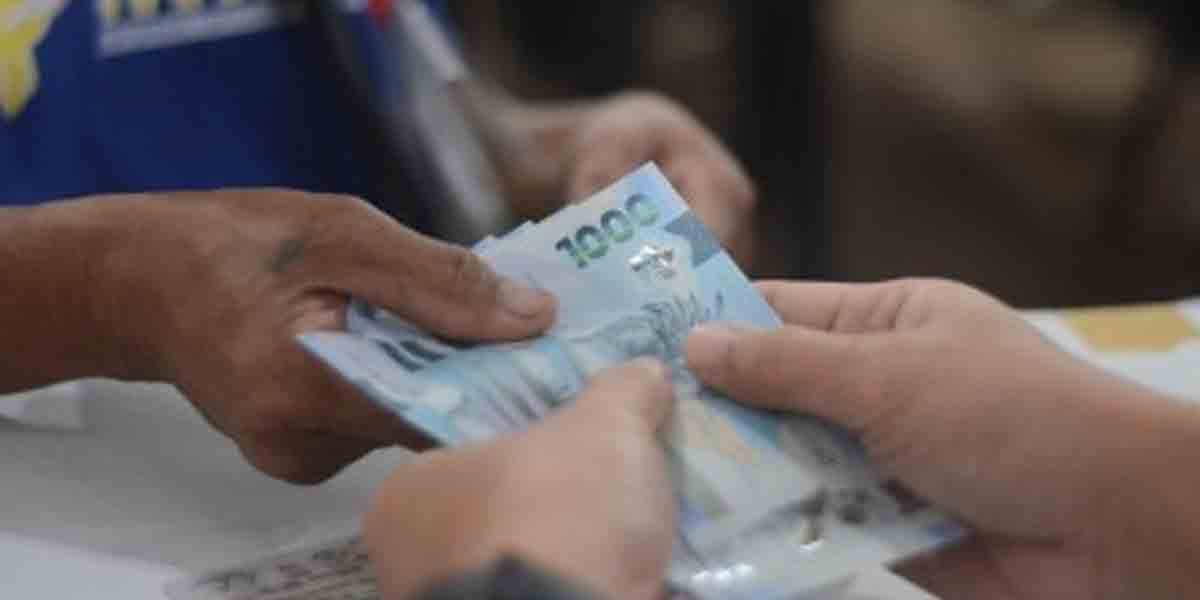The Energy Regulatory Commission (ERC) is proposing revisions to its net-metering rules for renewable energy, including making renewable energy certificate (REC) meters voluntary.
This proposal is part of the draft amendments to ERC Resolution No. 6, Series of 2019, which governs the net-metering program for renewable energy sources. The program allows power consumers with renewable energy systems to sell their excess electricity to the grid, with proceeds credited to their power bills.
“The installation of the REC meter shall be voluntary. The DU (distribution utility) shall be entitled to an RE certificate resulting from the net-metering arrangement,” the ERC stated.
Under the proposed changes, RECs would be based on gross generation measured through the REC meter. These certificates will count toward compliance with the Renewable Portfolio Standards (RPS), which mandates utilities to source a certain percentage of their supply from renewable energy.
RECs certify that energy generated, sold, or used comes from eligible renewable energy systems. This ensures compliance with clean energy targets and supports the country’s sustainability goals.
Another key amendment includes allowing the transfer of net-metering credits when a property changes ownership. Accumulated credits would be transferable to the new owner, provided a new net-metering agreement with the DU is executed.
“To improve transparency, the ERC also proposes to mandate DUs to prominently display on their websites an itemized breakdown of their generation charges, along with their hosting capacities. These capacities must be delineated on both a substation and per-feeder basis, using a format prescribed by the Commission,” the ERC said.
The transparency measure aims to provide better visibility for stakeholders on the distribution utilities’ renewable energy hosting capacities and costs.
Stakeholders have been invited to submit their comments on the draft amendments by January 17. The ERC emphasized that these revisions aim to encourage greater adoption of renewable energy while ensuring a seamless transition for property owners and compliance with RPS obligations.
As the Philippines strives to meet its renewable energy targets, the ERC’s proposals are expected to create new opportunities for communities to embrace sustainable energy solutions.






















